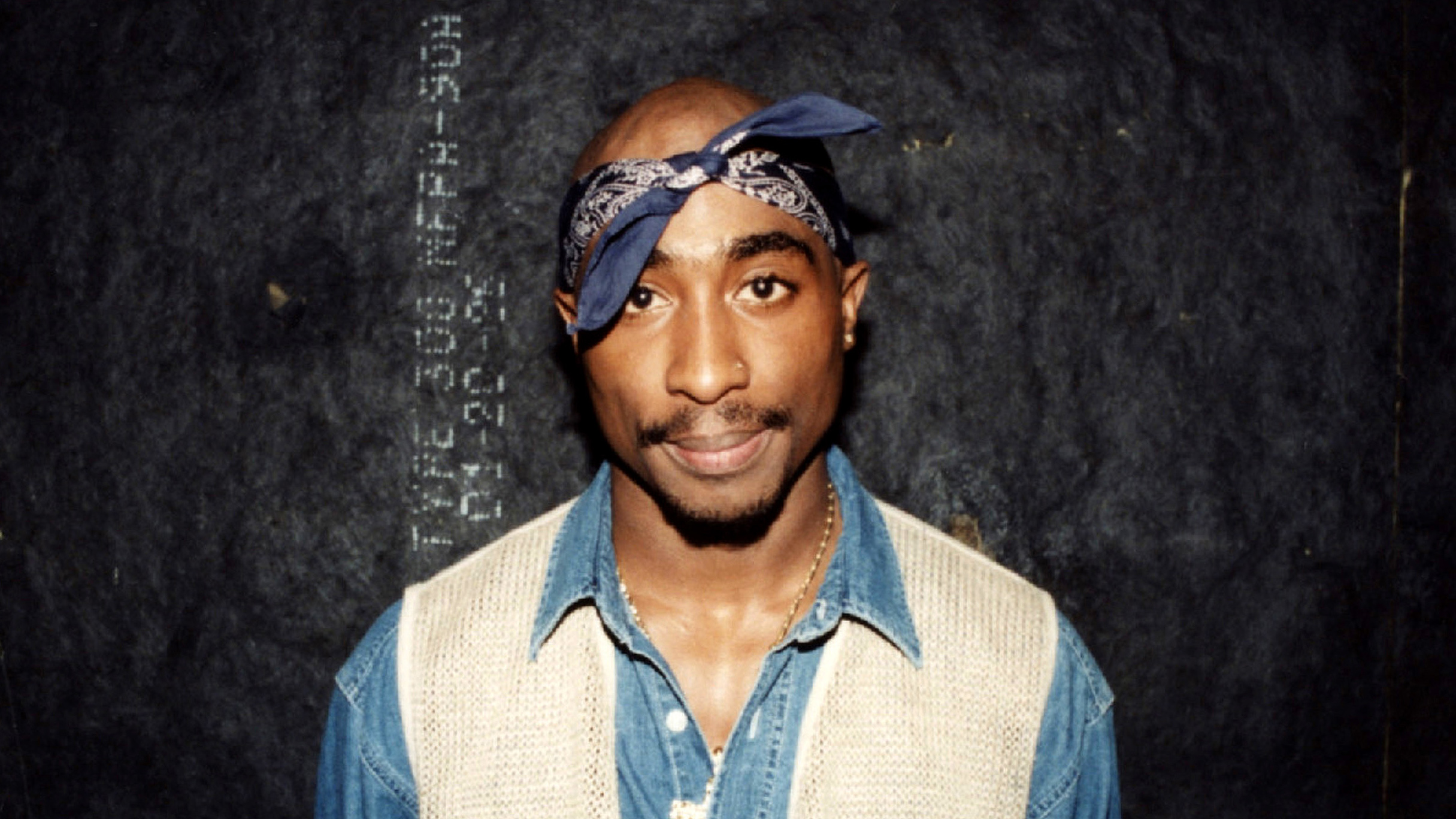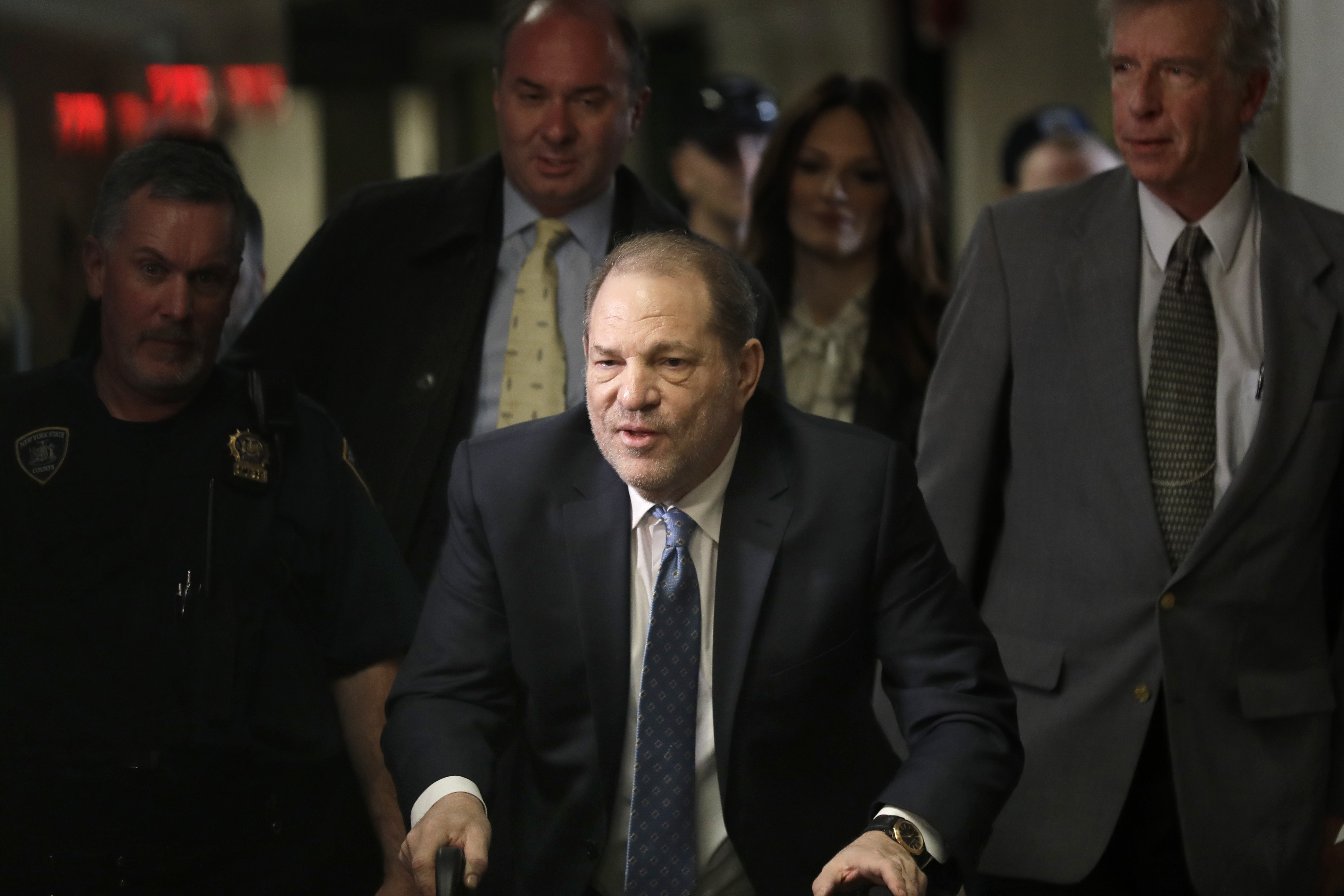For the first time in 15 years, Hollywood television and movie writers have declared that they will launch a strike, leading to potentially widespread ramifications across the industry, as well as for viewers.
Late Monday, The Writers Guild of America said that its 11,500 unionized screenwriters will head to the picket lines on Tuesday. Negotiations between studios and the writers, which began in March, failed to reach a new contract before the writers’ current deal expired just after midnight.
All script writing is to immediately cease, the guild informed its members.
Get a weekly recap of the latest San Francisco Bay Area housing news. Sign up for NBC Bay Area’s Housing Deconstructed newsletter.
"Though our Negotiating Committee began this process intent on making a fair deal," a tweet from the Writers Guild of America West said early Tuesday, "the studios’ responses have been wholly insufficient given the existential crisis writers are facing."
Why Writers Are Going on Strike
The board of directors for the WGA, which includes both a West and an East branch, voted unanimously Monday to call for a strike, effective at the stroke of midnight. At issue is how writers are compensated in an industry where streaming has changed the rules of Hollywood economics.
Entertainment News
Writers say they aren’t being paid enough, TV writer rooms have shrunk too much and the old calculus for how residuals are paid out needs to be redrawn.
“The companies’ behavior has created a gig economy inside a union workforce, and their immovable stance in this negotiation has betrayed a commitment to further devaluing the profession of writing,” the WGA said in a statement. “From their refusal to guarantee any level of weekly employment in episodic television, to the creation of a ‘day rate’ in comedy variety, to their stonewalling on free work for screenwriters and on AI for all writers, they have closed the door on their labor force and opened the door to writing as an entirely freelance profession. No such deal could ever be contemplated by this membership.”
The Alliance of Motion Picture and Television Producers, the trade association that bargains on behalf of studios and production companies, signaled late Monday that negotiations fell short of an agreement before the current contract expired. The AMPTP said it presented an offer with “generous increases in compensation for writers as well as improvements in streaming residuals.”
In a statement, the AMPTP said that it was prepared to improve its offer “but was unwilling to do so because of the magnitude of other proposals still on the table that the guild continues to insist upon."
The Main Issue
Streaming has exploded the number of series and films that are annually made, meaning more jobs for writers. But WGA members say they’re making much less money and working under more strained conditions. Showrunners on streaming series receive just 46% of the pay that showrunners on broadcast series receive, the WGA claims. Content is booming, but pay is down.
The guild is seeking more compensation on the front-end of deals. Many of the back-end payments writers have historically profited by – like syndication and international licensing – have been largely phased out by the onset of streaming. More writers — roughly half — are being paid minimum rates, an increase of 16% over the last decade. The use of so-called mini-writers rooms has soared.
The AMPTP said Monday that the primary sticking points to a deal revolved around those mini-rooms — the guild is seeking a minimum number of scribes per writer room — and duration of employment restrictions. The guild has said more flexibility for writers is needed when they’re contracted for series that have tended to be more limited and short-lived than the once-standard 20-plus episode broadcast season.
At the same time, studios are under increased pressure from Wall Street to turn a profit with their streaming services. Many studios and production companies are slashing spending. The Walt Disney Co. is eliminating 7,000 jobs. Warner Bros. Discovery is cutting costs to lessen its debt. Netflix has pumped the breaks on spending growth.
How Will Shows Be Impacted, and When?
The labor dispute could have a cascading effect on TV and film productions depending on how long the strike persists.
When Hollywood writers have gone on strike, it’s often been lengthy. In 1988, a WGA strike lasted 153 days. The last WGA strike went for 100 days, beginning in 2007 and ending in 2008.
The most immediate effect of the strike viewers are likely to notice will be on late-night shows and “Saturday Night Live.” All are expected to immediately go dark. During the 2007 strike, late-night hosts eventually returned to the air and improvised material. Jay Leno wrote his own monologues, a move that angered union leadership.
On Monday's episode of “Late Night,” Seth Meyers, a WGA member who said he supported the union’s demands, prepared viewers for re-runs while lamenting the hardship a strike entails.
“No one is entitled to a job in show business. But for those people who have a job in show business, they are entitled to fair compensation,” Meyers said. “They are entitled to make a living. I think it’s a very reasonable demand that is being set out by the guild, and I support those demands.”
Scripted series, like Chicago PD, Chicago Fire and Chicago Med will take longer to be affected, but could be impacted as well. They could be forced to cut seasons short, or delay filming altogether.
If a strike persisted through the summer, fall schedules could be upended. And in the meantime, not having writers available for rewrites can have a dramatic effect on quality. The James Bond film “Quantum of Solace” was one of many films rushed into production during the 2007-2008 strike with what Daniel Craig called “the bare bones of a script.”
“Then there was a writers’ strike and there was nothing we could do,” Craig later recounted. “We couldn’t employ a writer to finish it. I say to myself, ‘Never again’, but who knows? There was me trying to rewrite scenes — and a writer I am not.”
Strike Timeline and What's Next
With a walkout long expected, writers have rushed to get scripts in and studios have sought to prepare their pipelines to keep churning out content for at least the short term.
“We’re assuming the worst from a business perspective,” David Zaslav, chief executive of Warner Bros. Discovery, said last month. “We’ve got ourselves ready. We’ve had a lot of content that’s been produced.”
Overseas series could also fill some of the void. “If there is one, we have a large base of upcoming shows and films from around the world,” said Ted Sarandos, Netflix co-chief executive, on the company’s earnings call in April.
Yet the WGA strike may only be the beginning. Contracts for both the Directors Guild of America and SAG-AFTRA, the actors union, expire in June. Some of the same issues around the business model of streaming will factor into those bargaining sessions. The DGA is set to begin negotiations with AMPTP on May 10.
The cost of the WGA’s last strike cost Southern California $2.1 billion, according to the Milken Institute. How painful this strike is remains to be seen. But as of late Monday evening, laptops were being closed shut all over Hollywood.
Editor's Note: Comcast, the corporation that owns NBCUniversal, is one of the entertainment companies represented by the Alliance of Motion Picture and Television Producers.



